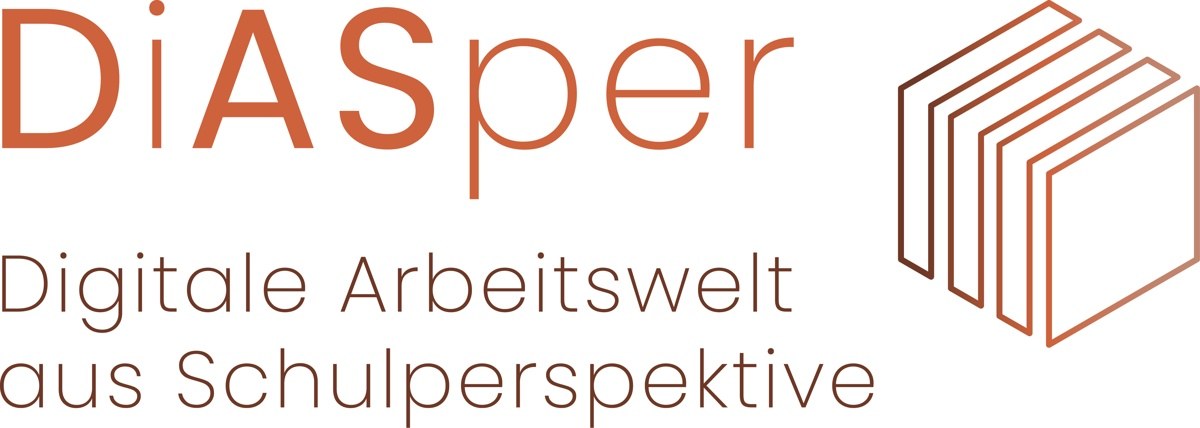Closing event of the IPN project DiASper - Digital Working World from School Perspective at Syddansk Universitet Sønderborg, DK

The modern world of work is increasingly characterized by digital media and application systems due to digitalization, which place completely different demands on employees than 30 years ago. Exposing young people to the exemplary requirements of the digital world of work at an early stage can therefore be seen as conducive to targeted career guidance and the preparation of future skilled workers. The German-Danish project DiASper - Digital Working World from School Perspective aims to develop prototypical teaching concepts on how to incorporate such encounters with the digital working world into regular school lessons. The project began three years ago as a collaboration between the Department of Mathematics Education at the Leibniz Institute for Science and Mathematics Education (IPN) in Kiel and the Mærsk-McKinney-Møller Institute at Syddansk Universitet (SDU) in Odense. The project ends in June of this year and was funded by the EU Interreg program Deutschland - Danmark.
Over the three-year project period, numerous concepts were developed in cooperation with schools and companies from southern Denmark and Schleswig-Holstein for regular school lessons from grade 5 onwards, which on the one hand are intended to improve young people's understanding of digital media through practical technical experiments and on the other hand to create a link between regular lesson content and the use of digital tools. Some teaching suggestions, for example, combine topics from mathematics lessons at different year levels with 3D printing by using 3D printing processes to provide a context for mathematics learning. 3D printing lends itself as a prototypical example of a forward-looking digital medium, due to its increasing importance in many areas of the working world, be it in industry, crafts, product development and design, medicine or food production. The use of 3D printing as a learning context allows students to learn regular mathematics subject content on the one hand and gain insights into 3D printing technology and its use in the modern working world on the other. In addition, some of the teaching suggestions focus explicitly on students' understanding of technology.
The close cooperation with a total of 18 schools in Denmark and Germany during the development and pilot phase of the teaching concepts ensured their suitability and feasibility in regular school lessons. The six-member project team therefore expects a high level of acceptance and sustainable implementation of the teaching suggestions at schools. Contact with industry has ensured that the teaching proposals always include perspectives on the world of work. The results were also communicated to a wider public in numerous events in the form of training courses, workshops for teachers, workshops for students, scientific conferences and public events. Feedback on the DiASper project's ideas and teaching suggestions has been consistently positive.
The DiASper project will end on June 19th, 2023 with a closing event at the Sønderborg site of Syddansk Universitet. Besides the presentation of the project results, the event will focus on workshops for 130 students from schools in southern Denmark and Schleswig-Holstein, enabling them to familiarize themselves with some of the teaching concepts from mathematics and technology. These workshops will be complemented by individual presentations for other guests from the education sector in both countries.
The developed teaching materials, didactic handouts and associated explanatory videos are available free of charge on the project website www.diasper-project.eu in German and Danish, both now and after the project has ended.









